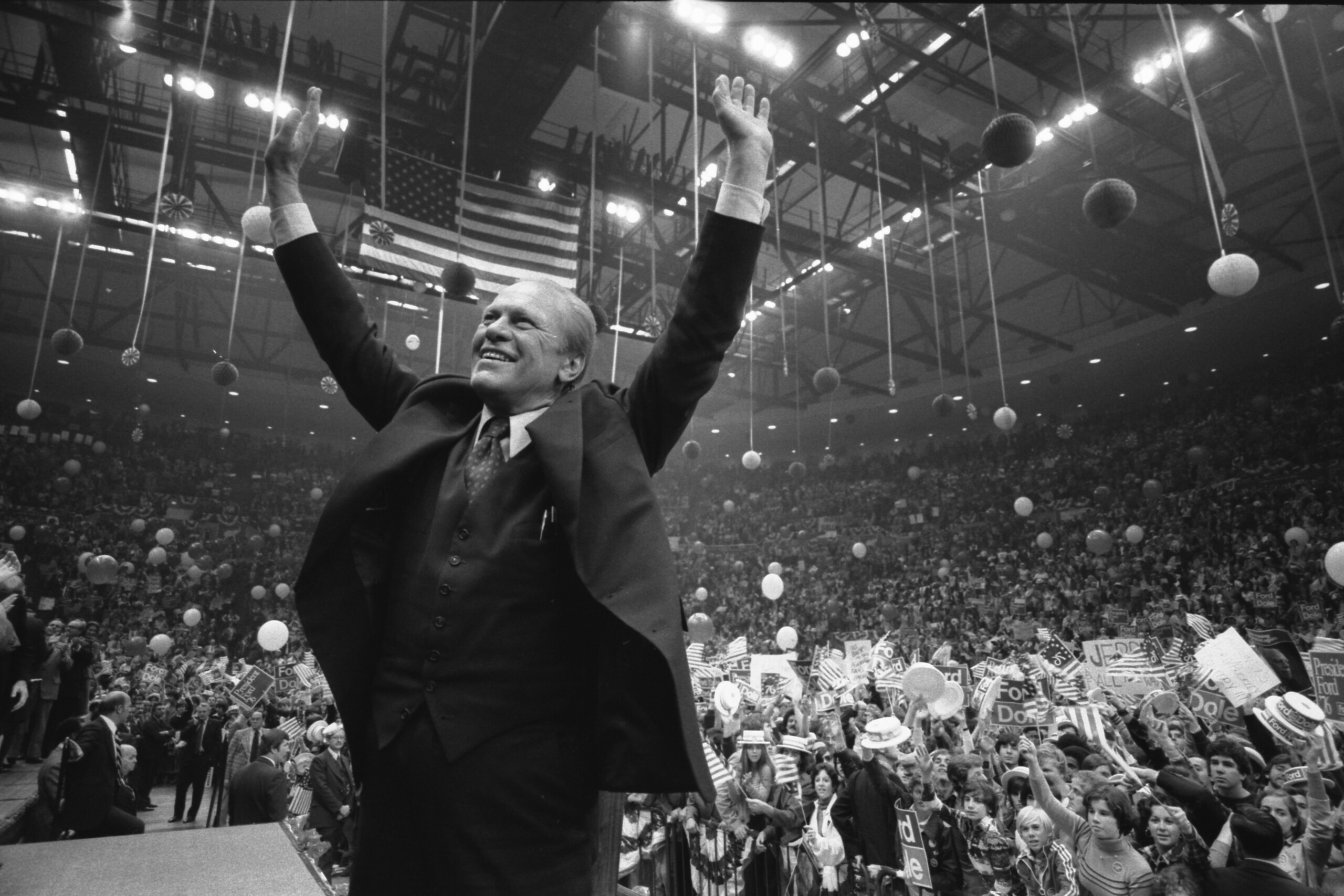September 1 — September 30, 2025
History Matters
Showing our children that their past
is prelude to their future
The birth of the Marquis de Lafayette
On September 6, 1757, Marie-Joseph Paul Yves Roch Gilbert du Motier—the Marquis de Lafayette—one of history’s greatest advocates for freedom—was raised in the French aristocracy and became a military officer whose contributions to the Revolutionary War and French Revolution transformed him into a hero in two countries.
Lafayette was inspired by Enlightenment ideals and America’s struggle for independence. At the age of 19 in 1777, he defied his country’s authorities and sailed for the United States to join the Continental Army; there, he was compelled by a desire for glory and a belief in universal liberty. Eventually, he was commissioned as a major general, formed an intimate friendship with George Washington, and evolved into his trusted aide and advisor. Lafayette’s strategic leadership at the Battle of Brandywine, Yorktown, and elsewhere helped secure Britain’s surrender.
Lafayette’s charm and diplomacy also buttressed Franco-American ties and facilitated crucial financial aid. His commitment to the American cause earned him enduring admiration in the United States.
After an eventful, turbulent, and nearly fatal set of experiences during the French Revolution, Lafayette lived quietly until his triumphant return to the United States in 1824 for a sixteen-month tour of the nation he helped to create. Lafayette remains a symbol of transatlantic revolutionary ideals, with numerous American cities, institutions, and monuments named in his honor. His life reflects a relentless pursuit of liberty, tempered by a pragmatic vision of governance.
For more information, the Grateful American Book Prize recommends Ryan Cole’s The Last Adieu: Lafayette’s Triumphant Return, the Echoes of Revolution, and the Gratitude of the Republic.

The pardon of President Richard M. Nixon
On September 8, 1974, President Gerald Ford issued Proclamation 4311, which granted a full and unconditional pardon to his predecessor, Richard Nixon, for any crimes committed during his presidency, particularly those tied to the Watergate scandal. Ford intended to end the national turmoil after Nixon’s resignation.
The crime involved illegal activities during Nixon’s 1972 re-election campaign and subsequent cover-up, led to impeachment proceedings—and—public mistrust of the government. Ford argued that a prolonged trial would further divide the nation, stating, “It could go on and on and on, or someone must write the end to it.” He believed the pardon was in the country’s best interest and noted that Nixon’s departure was an unprecedented penalty.
The act of clemency incited outrage; Ford’s approval rating fell from 71% to 50%; some Democrats—and—Republicans suspected the two men had fashioned a deal—an accusation that was denied by each side. Ford’s press secretary, Jerald terHorst, resigned in protest; the event contributed to Republican losses in the 1974 midterms, Ford’s 1976 re-election defeat, and Jimmy Carter’s ascent to the presidency. Ford justified the pardon by citing the 1915 Supreme Court case Burdick v. United States, which implied that accepting it admitted guilt. He carried the ruling in his wallet to defend his action. Over time, some pundits such as Watergate reporters Bob Woodward and Carl Bernstein, came to view it as a courageous act to rehabilitate the nation; even so, it remains a polarizing period in America’s history.
For more information, the Grateful American Book Prize recommends An Ordinary Man: The Surprising Life and Historic Presidency of Gerald R. Ford by Richard Norton Smith.

Michael F. Bishop, a writer and historian, is the former executive director of the International Churchill Society and the Abraham Lincoln Bicentennial Commission.
History Matters is a feature courtesy of the Grateful American Book Prize, an annual award for high quality, 7th to 9th grade-level books dealing with important events and personalities in American history.




